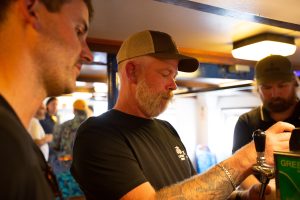
We’re Hiring: Southern UK Sales Manager
We’re looking for a Southern UK Sales Manager with proven experience in the craft beer industry.
We have dedicated the month of May to evaluate & discuss our sustainability and environmental practices whilst highlighting the practices of our partners and customers. James goes into great depth about what we do here at Loughran Brewing Stores.
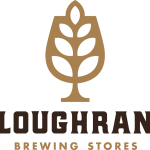
I was absolutely thrilled to learn that May would see us share our environmental & sustainability story with our partners, customers and friends. I grew up on a very small farm in rural Co. Louth, close to the seaside. Being immersed in the countryside in this way created a huge passion for the world around us and a deep desire to leave it in a better condition.
I believe that every farmer I know shares the same passion and genuinely tries to improve the environment that they farm. It saddens me to see many being vilified by the modern media as polluters of waterways, destroyers of hedgerows and spreaders of chemicals. Hopefully, by sharing some of our stories with you this month you will see that this is not the case. Most of the steps we take on our farm are commonly practiced by our farming friends and neighbours. Many of the local farms even have a lower environmental impact than our own.
Climate change is a pressing matter affecting all of us, the farming community will be affected first, and affected disproportionately as we are the ones who directly interact with, and depend upon, climate stability on a daily basis. Therefore we are well aware of the burdens we must carry, and the steps we must take to try and mitigate the impact of climate change now and for the future.
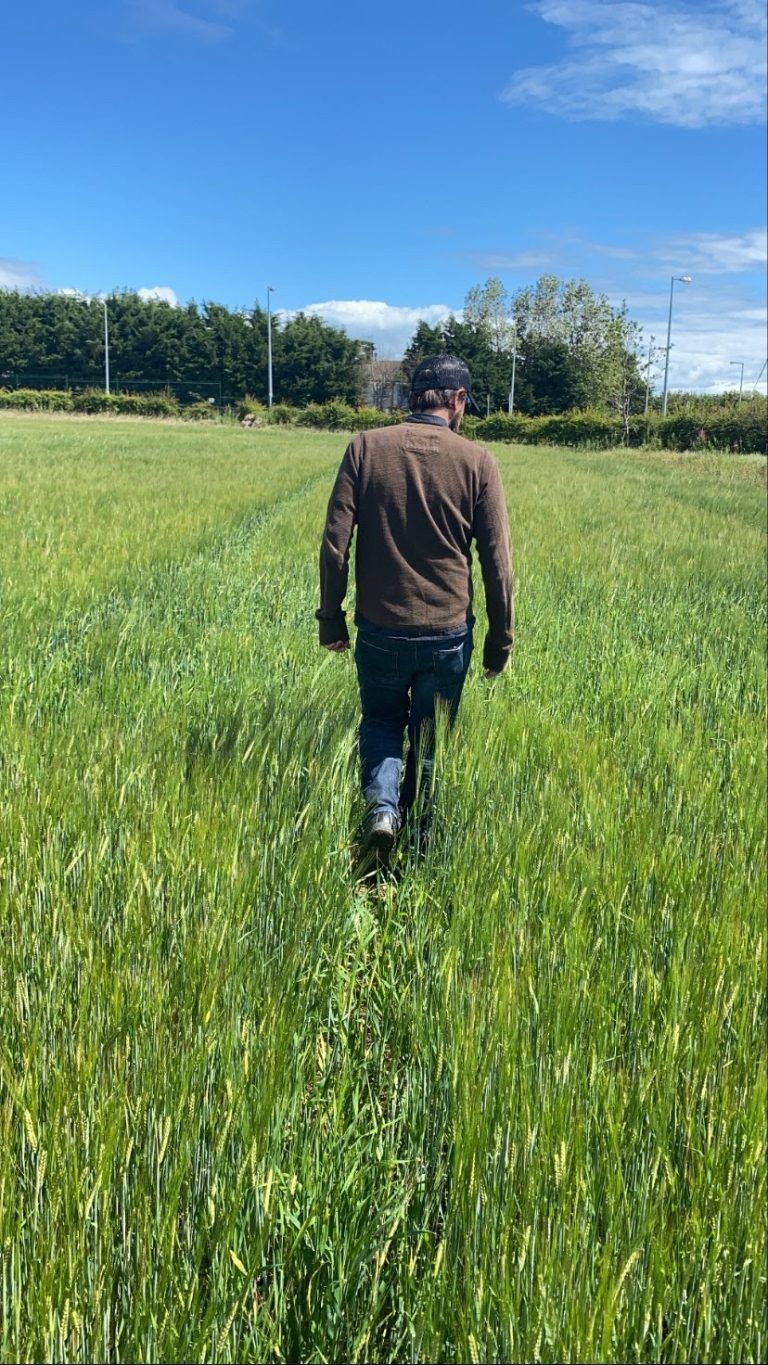
Our sustainable journey starts every year in the fields. Our first goal is ensure we do no harm, and we begin this by aiming to reduce the volume of pesticides and fertilisers (synthetics) we apply per unit of grain produced. This is a fundamental cornerstone of how we produce grains and cereals and it is vital to ensuring the long term health and well being of our farmland. We are very fortunate to be part of an industry where cutting edge research is carried out on an ongoing basis and is widely shared. By studying this we can apply the latest science to our practices and fine tune the time at which we make an application and also the rate of application. Further enhancements are made by continuously upgrading plant and equipment to avail of the latest technology to reduce any overlap or unnecessary use of synthetics.
This twin track approach has reduced our ratio of synthetics to grain by 37% over the past 5 years and we expect this to continue. We also strive to improve air quality by reducing diesel consumption across the farm where possible, usually through using more efficient tractors, equipped with the latest Stage 5 engines and in turn fitted with Adblue Diesel Exhaust Fluid system, designed to lower the concentration of nitrogen oxides (NO x) in the diesel exhaust emissions
Our secondary goal is to enhance the farmland, to make it better. One way we do this is through the use of cover crops during the winter months, making sure our soil is not left bare and exposed to the elements. Our cover crops, a blends of oats, vetch, mustard and rape, absorb remaining nutrients in the soil, stopping them from being leached into our waterways.
When we plough down our cover crops in the springtime, their structure adds to the organic matter in our soils. We also ensure that no fertiliser is used anywhere on the farm between October and February, again prevent it being washed or leached into our waterways.
Other practices which take place include regular hedgerow planting and maintenance.
No hedgerows are cut from March until August as this is nesting season and we want to make sure that we do not damage these fragile habitats during this important time of the year.
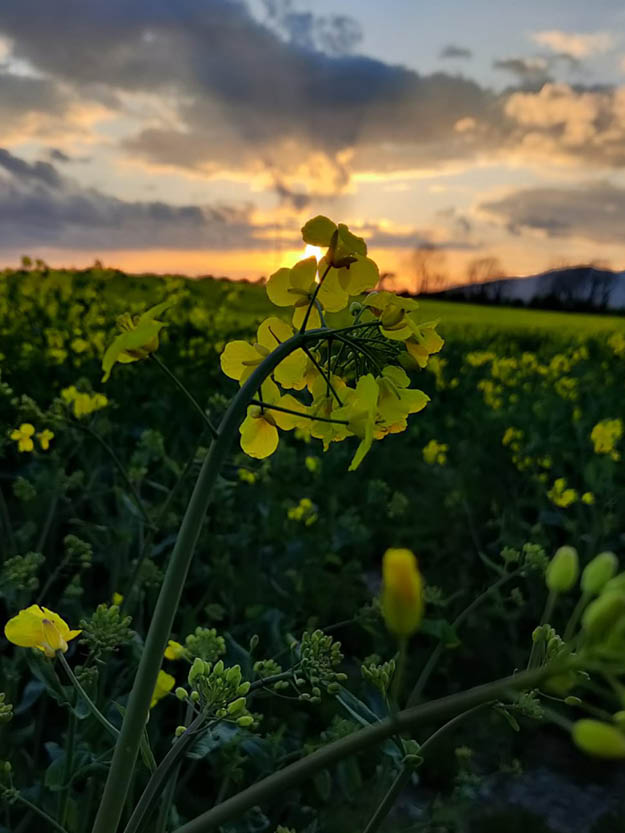
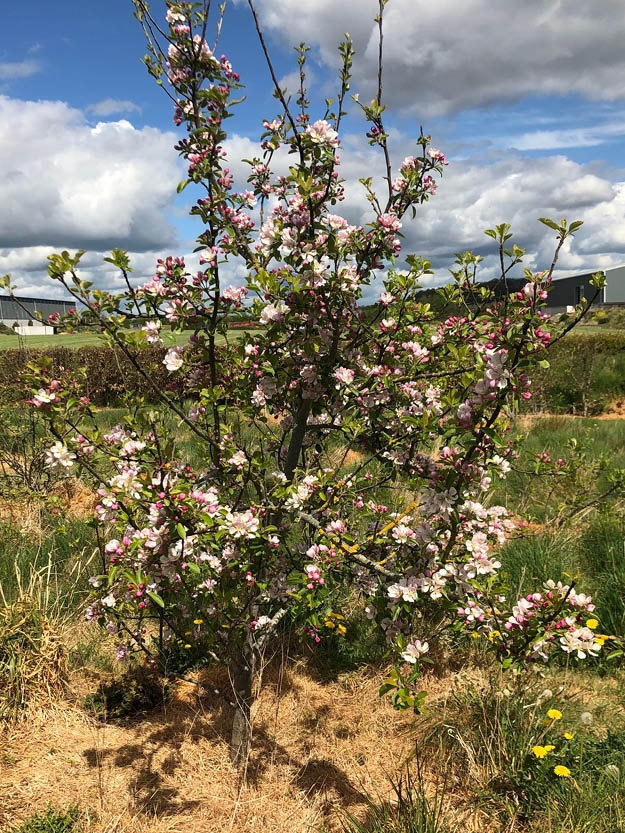
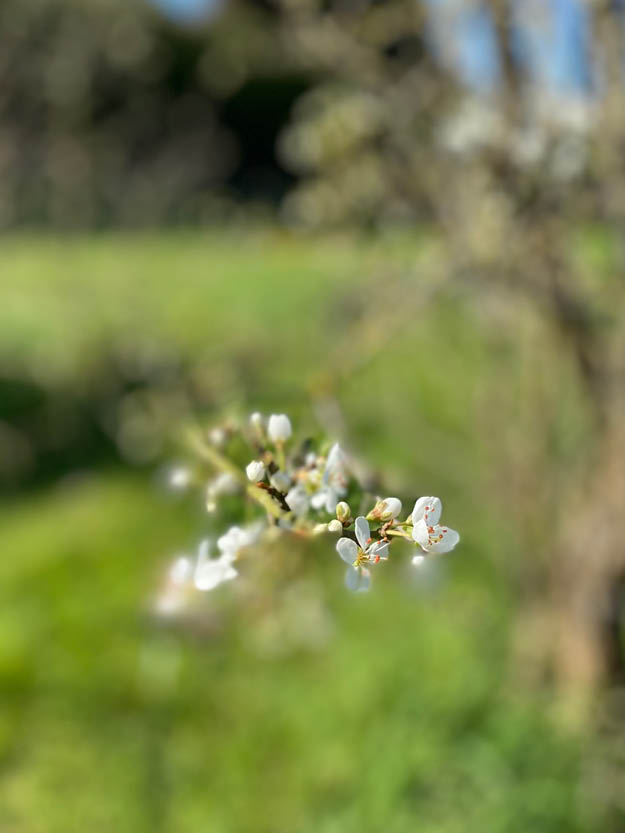
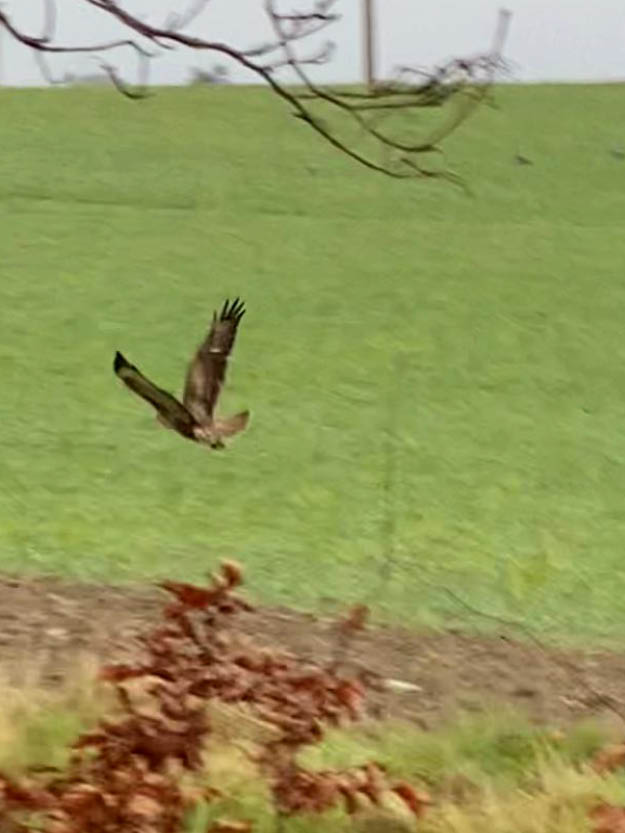
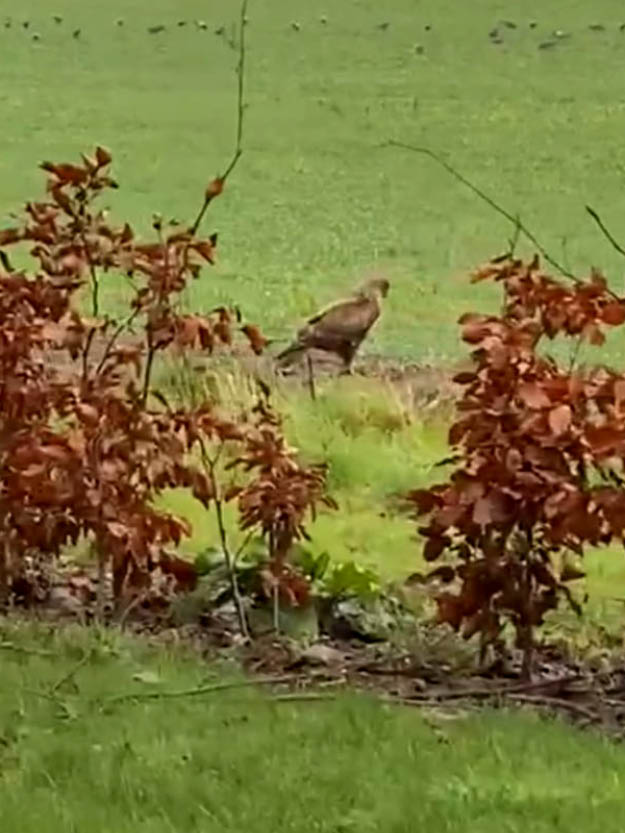
Wildlife margins are also left alongside hedgerows, rivers and watercourses. These 3 metre wide strips provide cover for small birds, mammals and the flowers which bloom in them during the summer providing pollen and nectar to a wide range of butterflies, bees and other insects.
Bird boxes, bat boxes and habitats have been set up across the farm to try and encourage wildlife and provide shelter and habitats. Because of these steps our farmland is home to many species of birds including:
Mammals found throughout the farm include Irish Hares, European Rabbits, Soprano Pipistrelle Bats, Red Foxes, European Hedgehogs, Grey Squirrels and European Badgers while we take great pride in the Brown Trout and Atlantic Salmon that can be found running in the rivers that cross our farmland.
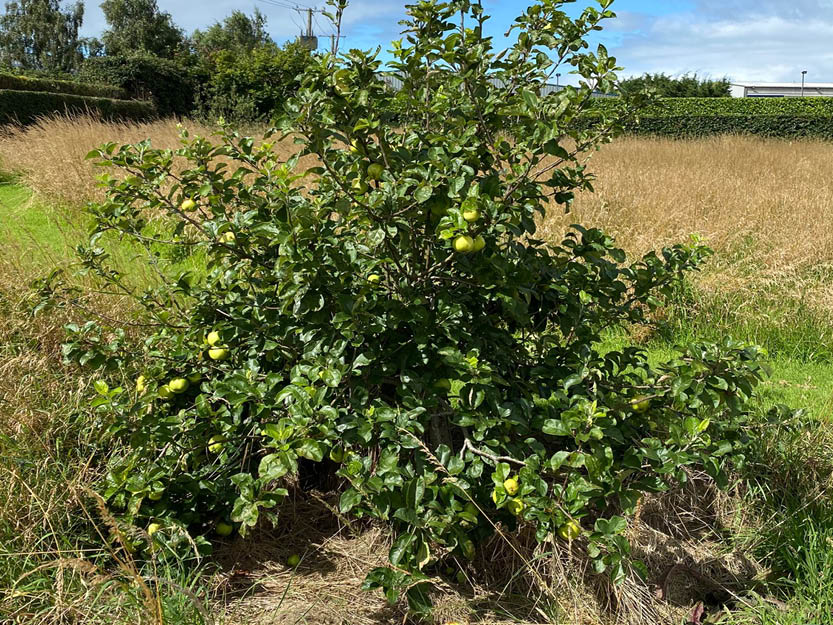
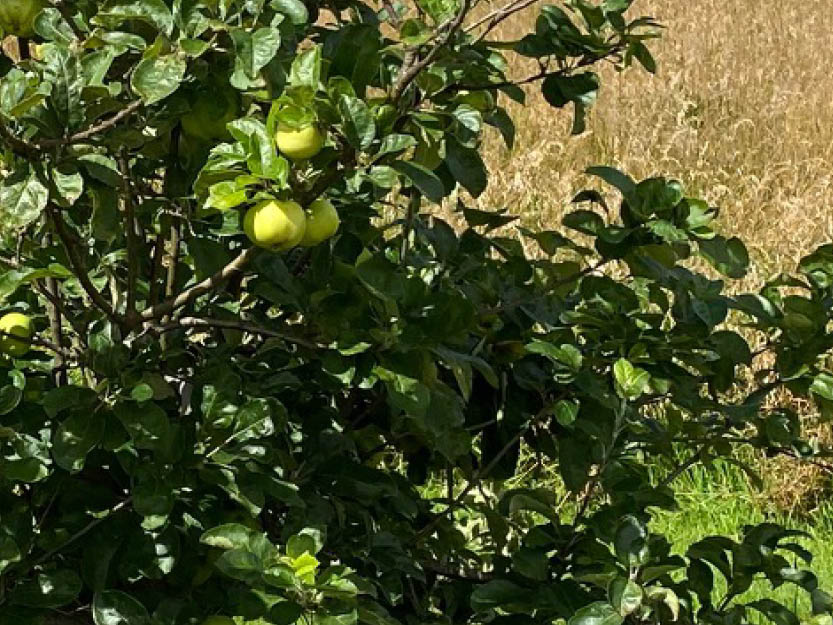
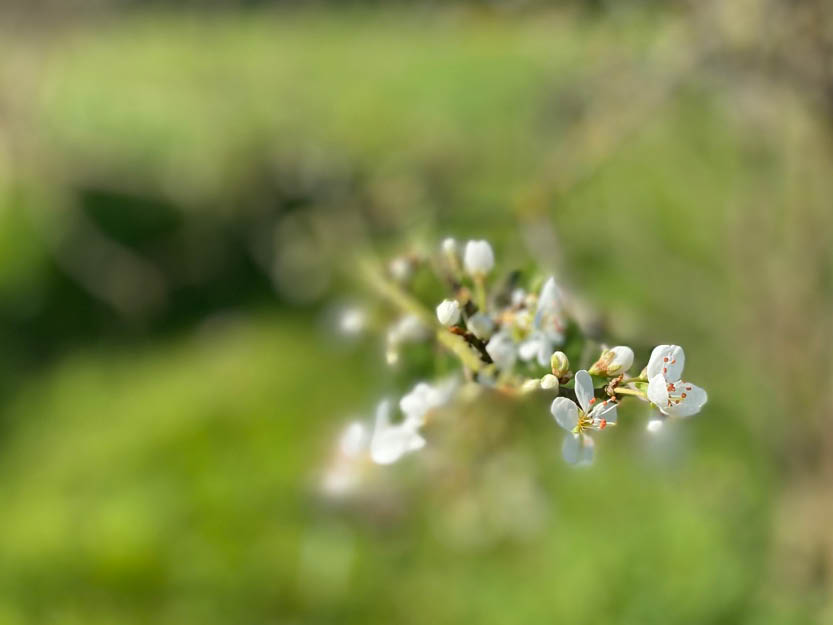
To try and preserve other aspects of our heritage, our farm is home to a Traditional Orchard of Native Apple Trees, with varieties such as Greasy Pippin, Frank’s Seedling, Cavan Rose, Kerry Pippin and Yellow Clare producing a small number of deliciously sweet apples every autumn.
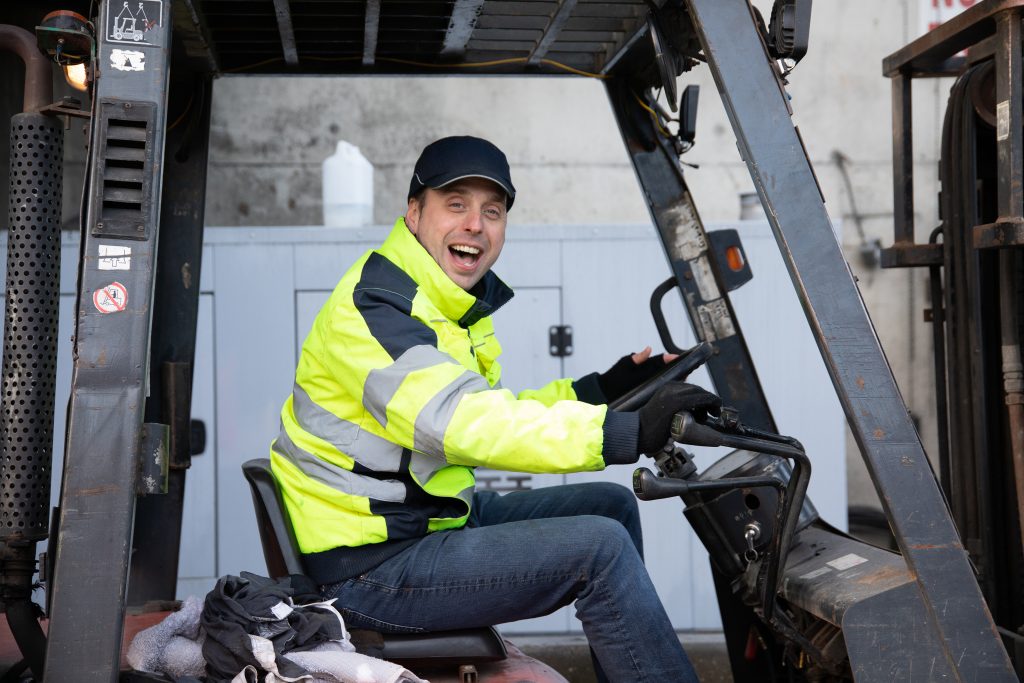
Outside our farmland, our environmental sustainability practices extend into our warehouse. Energy consumption is carefully monitored and managed with improvements being made on a ongoing basis. Electric forklifts with lower emissions are used in favour of diesel forklifts. Cold rooms are clad in 200mm off insulation to reduce energy consumption and help them stay cold, even during the hottest summer day.
Later in 2021 we expect to install a solar array to provide a significant amount of our electricity needs reducing our CO2 emissions even further. Rainwater is harvested from our roofs and used for a variety of applications including washing and cleaning, while waste plastic and cardboard packaging is carefully recycled on site by our sister company: Leinster Environmentals.
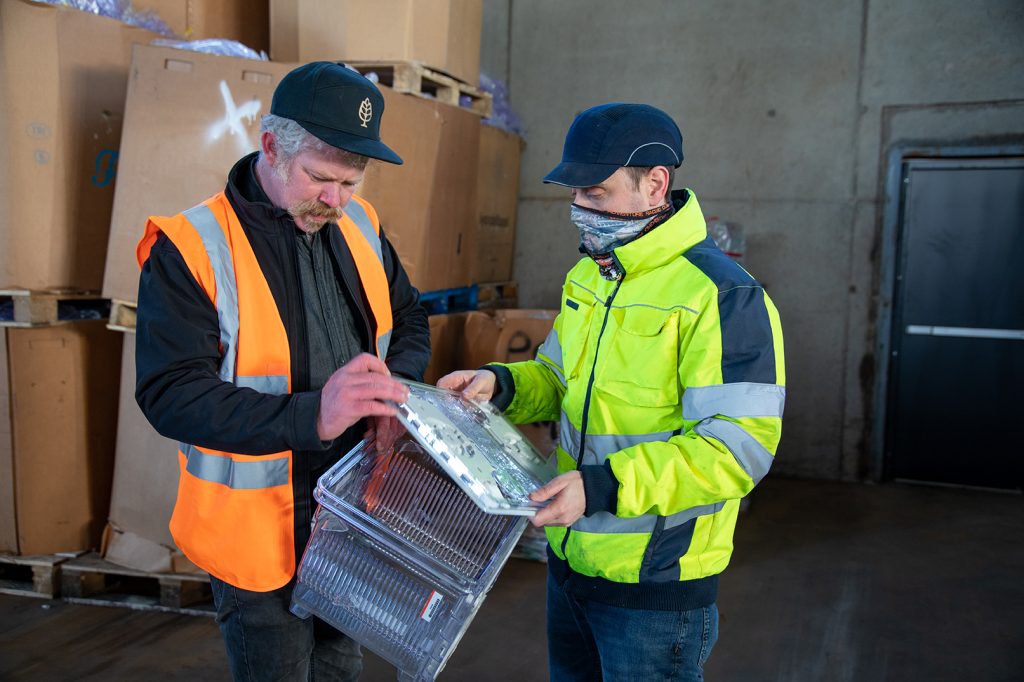
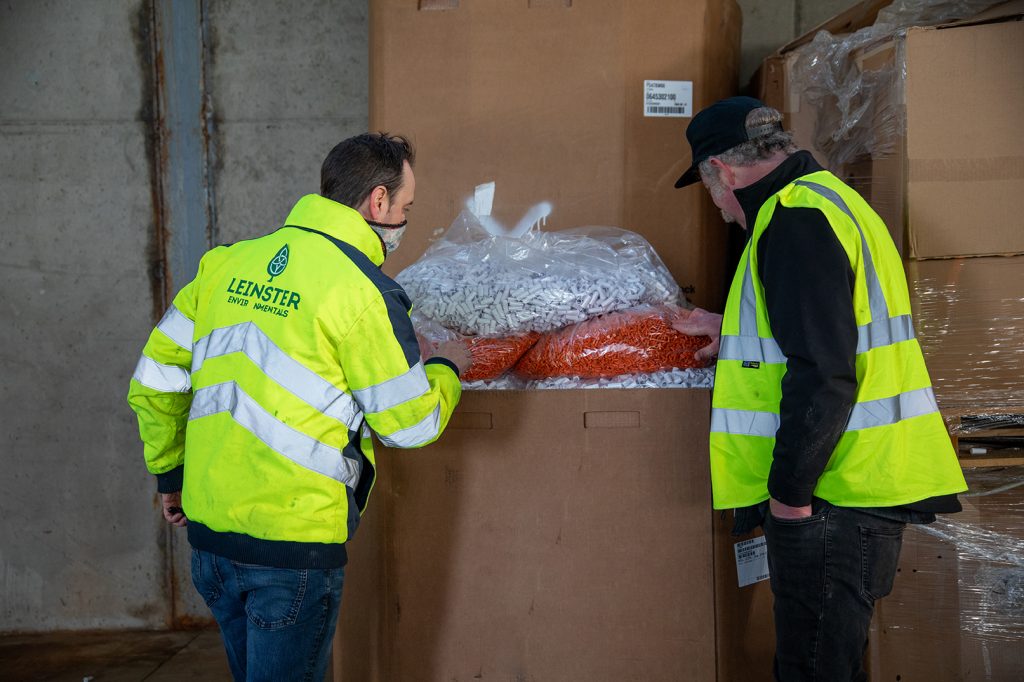
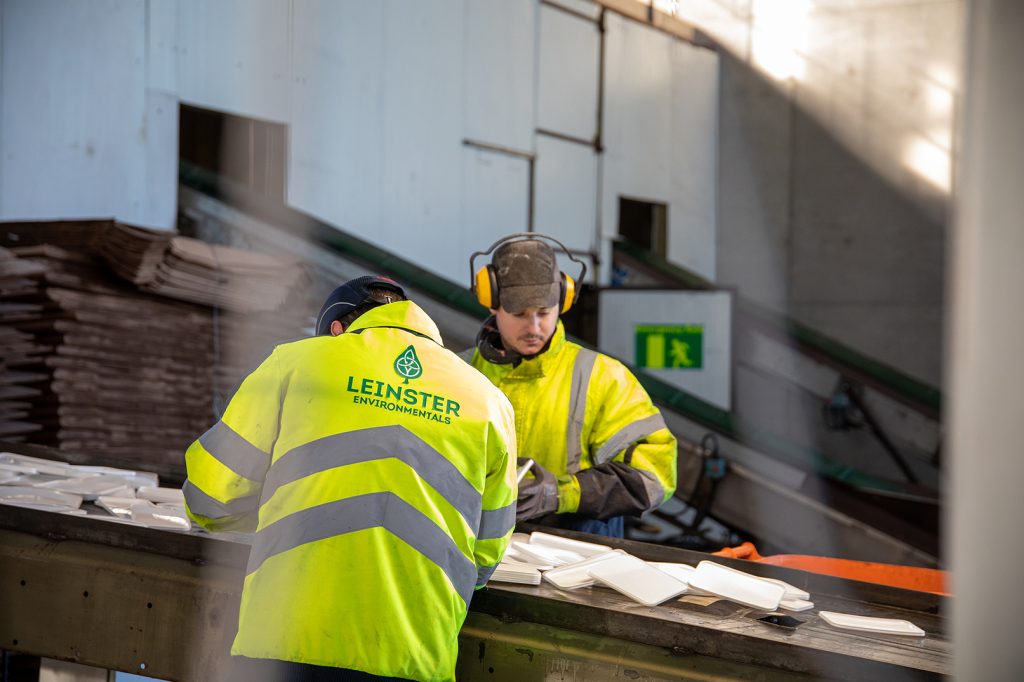
Any malt or grain which is past it’s sell by date, or doesn’t meet customer’s specifications is not wasted and is instead used to fatten cattle. All storm water run off from our site is carefully collected and passed through an attenuation system to reduce it’s flooding potential and also remove any soil or solids which it may have picked up while flowing across our site.
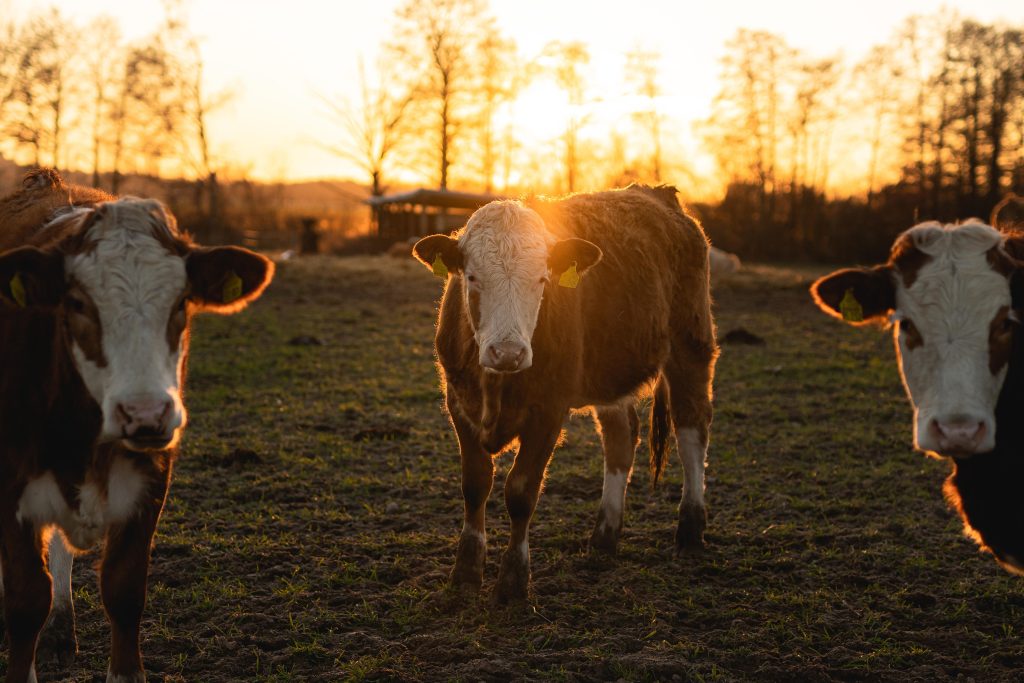
Despite all of these efforts, I do not believe that our Environmental Sustainability journey is complete. On the contrary, it has only begun. We have much more to learn and much more to do. Our soils are not as resistant to drought or flood as we would like them to be. We need to improve earthworm activity and increase soil organic matter levels. Our CO2 emissions are much too high and we will become carbon negative by 2025 through the use of renewable energy sources and the planting of extensive woodlands across the farm. The use of synthetics will be reduced further and ground water quality will be improved. By aiming for the highest possible level of environmental satisfaction, with the maximum amount of wildlife and the minimum amount of emissions of any kind, we can ensure that our farm improves the world we all share.

We’re looking for a Southern UK Sales Manager with proven experience in the craft beer industry.
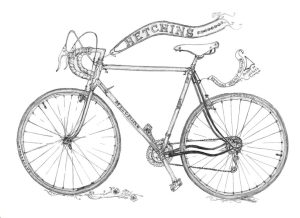
Our good friends at Blackjack Brewery brewed up a fresh Pale Ale in memory & celebration of the wonderful like of Dr Andy Fowell, late father of Richard Fowell, (director of Blackjack Brewery), avid cyclist and Trustee of the Motor Neurone Disease Association.